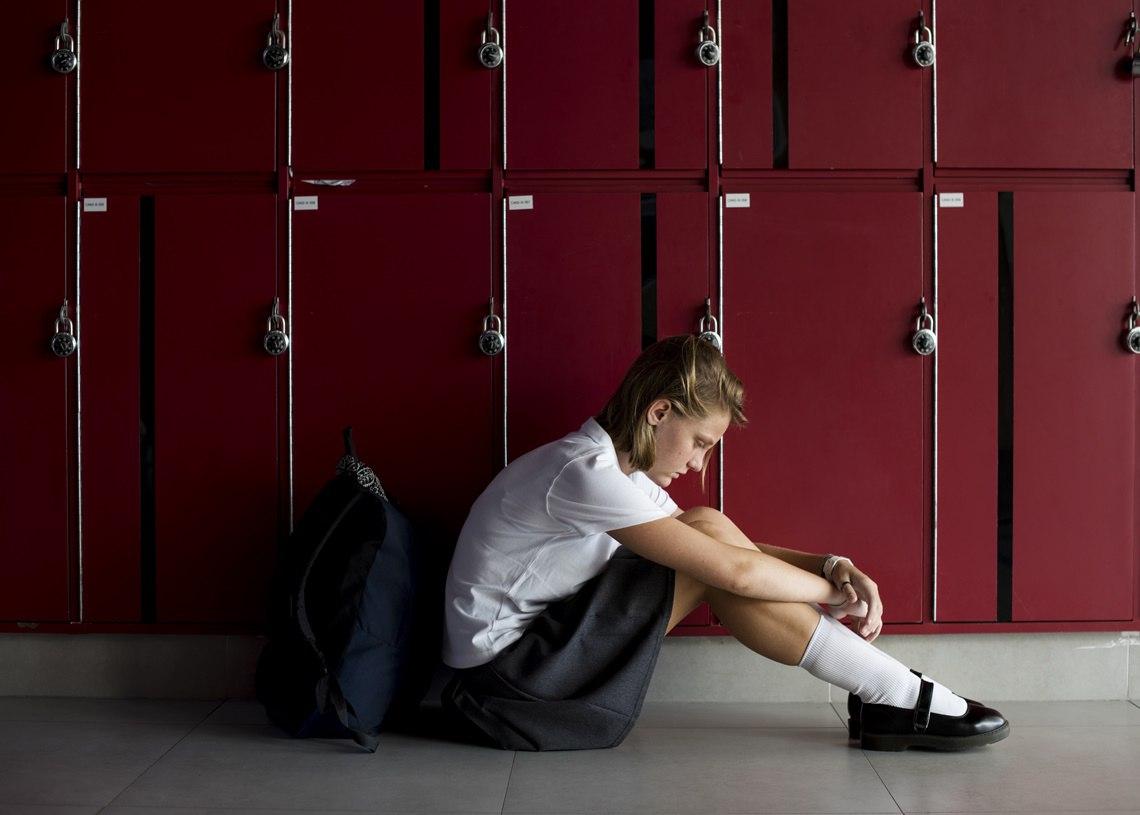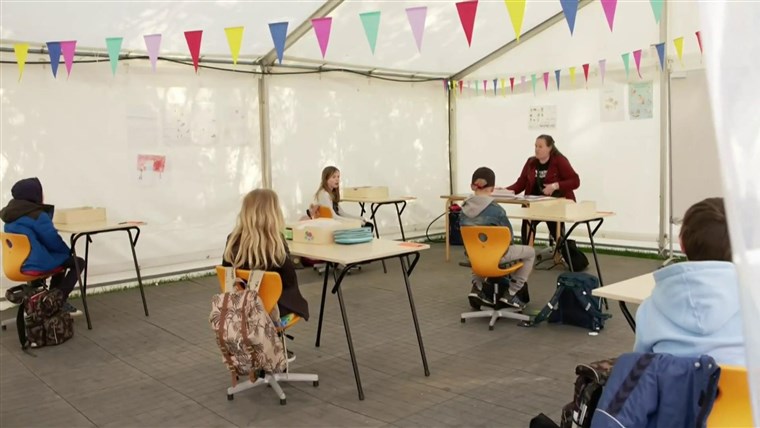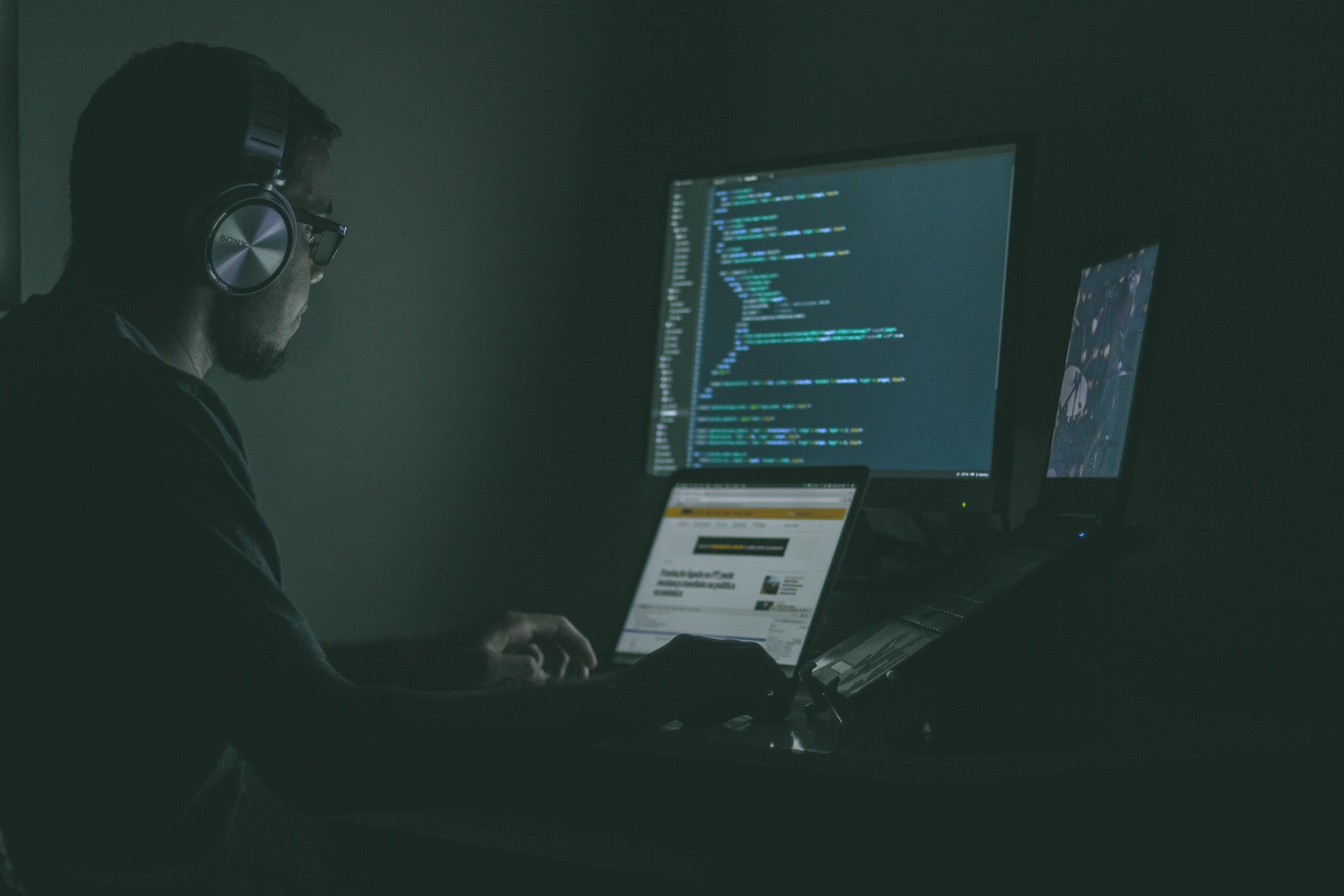Sexual violence in education has resurfaced. Research showed deplorable data that schools are “often unsafe places for girls, LGBTQ youth, youth of color, disabled youth, and young people who fall outside narrow definitions of being a young man or woman”. Apparently, students cannot count on schools to be inclusive, welcoming places, then and now.
Teaching is a noble profession
Surprisingly, despite the prevalence of social media and communication technology, this stain on education – sexual violence in schools – has not totally gone away. This issue keeps resurfacing together with other issues that rankle and disappoint. Schools are the last bastion of nobility, as indeed, teaching is a noble profession.
As the news about two private teachers in Australia involved in gender-based sexual violence for over 30 years and ruining the lives of several girls aged between 14 to 16 made the rounds this week, parents and educators posed an all so familiar question once again – how do we put a stop to this?
Where schools are considered as the holy grail for education, teachers are essentially our role models, second parents, and a lifelong guide who invest many years in shaping our young and malleable minds. But as an old adage goes “a few bad apples spoil the whole bunch”, the reputation of these schools, too, suffer at the end of a few malevolent people.
Australian school caught in controversy
In Perth, two ex-private school teachers, 68 and 72, assumed it was okay to build a hostile school environment for young teenagers, disregard the safety of their students with whom they have been entrusted and act outrageously irresponsible.
These alleged offenses were orchestrated by two male teachers, who now have children of their own. The crime occurred mostly on school grounds. It was brought to light now, after 30 long years, when one victim found the courage to come out in the open and expose their evil deeds. Following this disclosure, several other victims with accusations of sexual violence joined up and demanded a probe.
Better late than never, following a string of charges involving sexual violence, the two perpetrators have finally been brought to justice and now face multiple years of imprisonment.
School in hot water following sexual violence accusations
In another similar instance, a private all-girls academic institution in the Quezon City, Philippines, Miriam College High School (MCHS), bagged the spotlight for all wrong reasons recently. Currently, the school is in the midst of forming an independent investigative committee that will look into sexual harassment reports filed by their students against the teachers.
Lian Leonen de Vela, an MCHS student and the creator of the hashtag #MCDOBETTER on Twitter, that encouraged her fellow colleagues to come forward and speak out their personal experiences of abuse, says that this sort of ingrained systematic form of violence is prevalent not just in Miriam College but a majority of educational institutions across the Philippines.
It needs urgent redressal, and the school officials must take responsibility for their actions. It is shameful as it is that an institution grounded in transparency and justice is fighting defamation cases.
Empowering the victims of sexual violence in education
These two incidents highlight the fact that the victims only get to talk upon graduation from the school where the sexual violence occurred. Initiatives like the #MeToo movement did manage to expose harassment at the workplace, but the signs of this epidemic begin to show up in our schools early, in every grade and at every age.
A significant portion of the responsibility lies in the hands of schools and families who need to navigate issues of gender equity, consent, and assault with the utmost care and sensitivity to help young minds realize the elements of a healthy and caring relationship.
On the global front, there are initiatives like the Equal Rights Advocate (ERA) that are more than willing to lend a listening ear, protect the identity and rights of the victims and even fight their battles against sexual harassment in courts, if need be.
According to ERA, at least 1 in 5 female students are victimized by gender-based violence, harassment, or abuse even before they graduate from college. And as if this wasn’t heinous enough, these assaults affect at least 24% of the transgender or genderqueer communities.
A step towards equality
What ERA aims to do is raise awareness against sexual violence and become the unheard voice of the victims by reaching out to them and letting them know that they can help. It is committed to building an ecosystem for the protection of students while still in the schools and where the perpetrator can be brought to court.
With a team of qualified and talented pro bono attorneys, a raging desire to do something good for the community, and a ceaseless passion for fighting battles alongside the victims, the ERA envisions to turn this initiative into a national movement.
ERA’s Initiative to End Sexual Violence in Education (ESVE) helps students find support and seek justice when sexual assault or harassment threatens to disrupt their education. It’s a good start that could be expanded using a blockchain ecosystem. Removing predators and aiding the helpless are only two of blockchain’s immediate goals, and by linking more stakeholders with them, a blockchain ecosystem can help push their agenda forward.
How blockchain promotes gender-equal tomorrow
In many cases, victims choose to keep it to themselves with a fear of brutal character assassination. They don’t want to make known their identity, and in today’s digital age, privacy and confidentiality get compromised at the drop of a hat. This is where a blockchain ecosystem can come in handy where it takes the burden off victims’ shoulders and empowers them with utmost secrecy.
With an immutable and permanent time-stamped journal, the sexual violence victims can register their traumatic experience without disclosing identity. The platform can even link other stakeholders such as medical practitioners, clinical psychologists, lawyers, or help groups to make it easier on the sufferers and help them get through this tough phase.
Helping victims cope with sexual violence
Initiatives like ERA could get global recognition if more advocates are trained enough and organized and connected via the blockchain ecosystem, which is vast and comprehensive. These connections can work to integrate and coordinate blockchains within a value chain and benefit from the dynamic developments happening in the space.
By leveraging the technologies of tomorrow, we must send a powerful message out to the world that the dishonour does not come from being the victim of sexual violence. On the contrary, the shame is on the oppressor.
Where are you from? Could you help victims, not only of sexual harassment, but also victims of neglect, war, and economic oppression? You can get involved in a learning ecosystem to be counted. Victims need to be helped to be able to move forward at some point and reconnect with their loved-ones, their community, and society at large.







